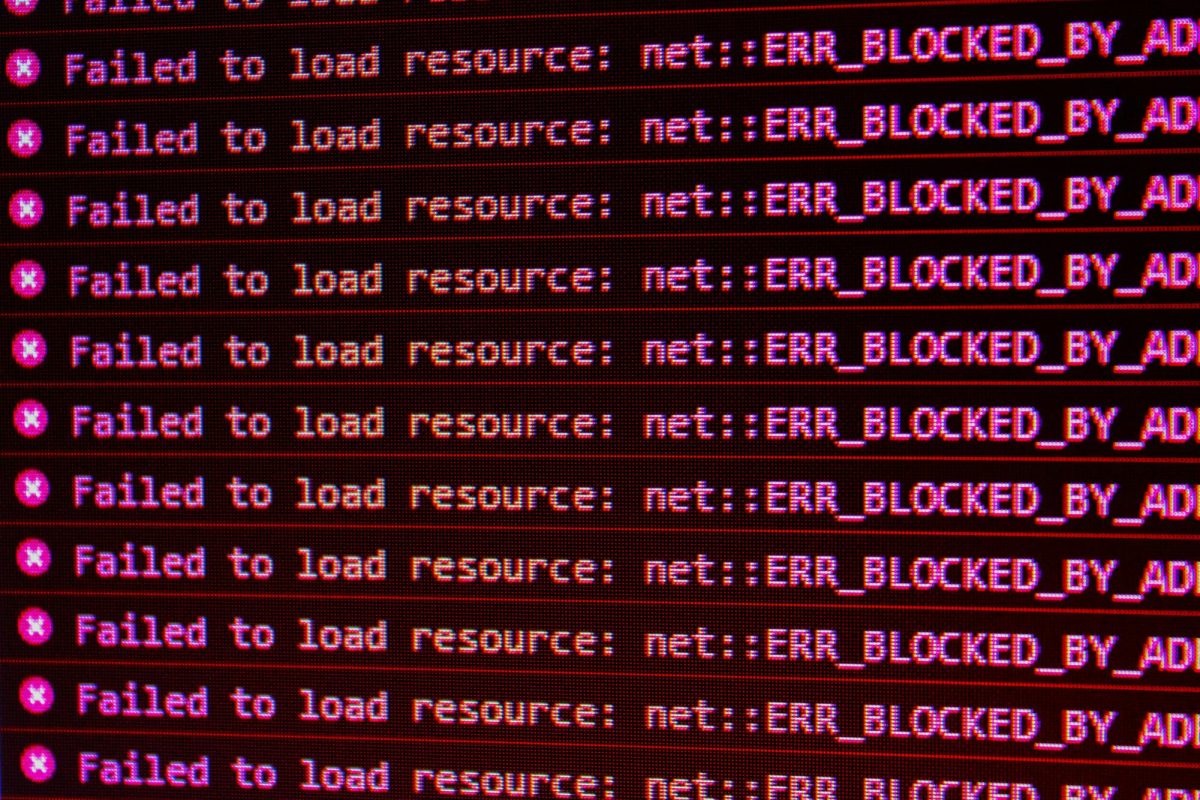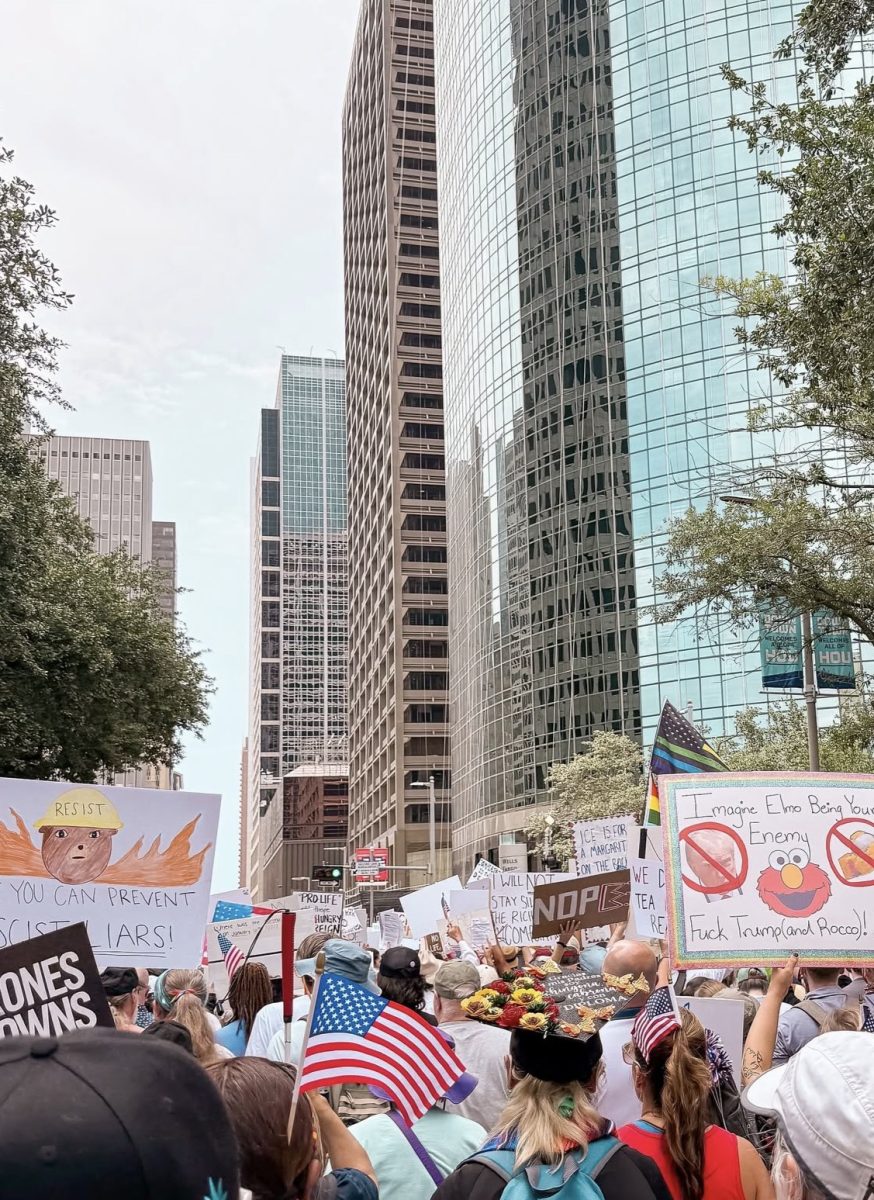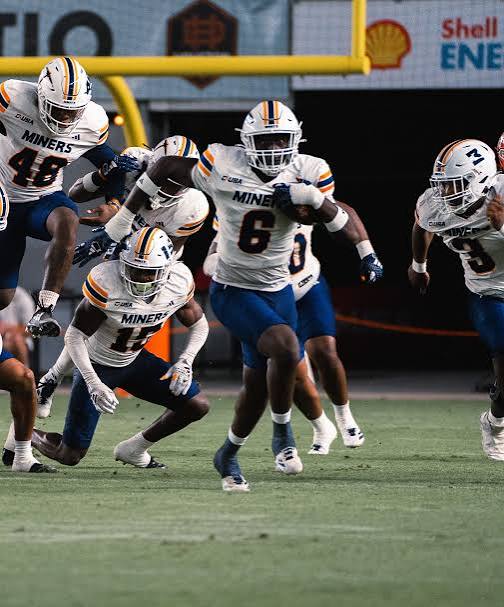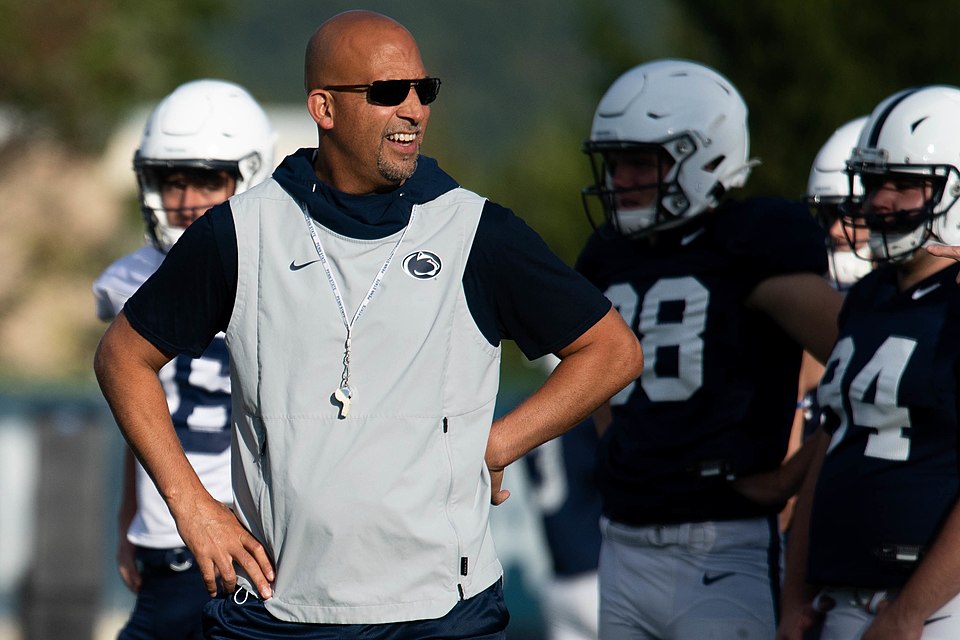Bipartisan Student Agenda

April 30, 2021
Today’s uncertain credentialing process when trying to find a future career stems from a much larger problem within the education system. The connection to promising job opportunities for qualified applicants of certain educational backgrounds has become more competitive than ever. Consequently, many youth of various expertise levels have created their own personal career paths and methods to achieve them. In the case of those who come from certain social class backgrounds, there are more adversities to overcome in its pursuance. The current pandemic has placed a closer eye on the effects of education disparity in our society.
Early childhood development is crucial to the success of every young individual. Unfortunately, statuses such as race or class have created systemic barriers, making it harder for certain people within society to advance educationally. Youth from low-income households often choose working over education to support their families. Many decisions are made very early, limiting their ability to commit to longer educational careers. The costs associated with higher education are crippling for most.
Political leaders from the left and right parties both agree, to some extent, that children’s education should begin much sooner than kindergarten. The dawn of the Information Age has created innovative technological advancement that challenges the withered standards of baby boomers. Gone are the industrial days when only achieving a high school diploma would have sufficed for a lucrative career. Nowadays, post-high school education is necessary to maintain a decent living at best. The President, along with other government officials, has also endorsed this notion. Some states have begun offering tuition-free community colleges as an initiative to encourage disadvantaged students to attain higher education levels. The expansion is not only called for post-high school but before kindergarten as well. Chicago, listed as one of several states that have already made preschool a universal requirement.
The goal of bipartisanship in the education sector is to equip young people with the credentials to achieve employability. The skills acquired from the new education standards can be applied through multiple methods such as dual credit courses in school and better curriculums geared towards the shaping of early high school to college transition. Efforts towards mentorship programs and career builders are also ways in which students may find opportunities beyond their present systems. These systems can help those disadvantaged individuals who may not have knowledge or regular access to such resources.
The political powers that be are executing their best methods to combat the wavering standard of living in the United States. The coronavirus has left those without an educational background dislodged. Elected officials plan to make the bipartisan school agenda known as both parties try to negotiate the best way to manage a fundamental issue. The truth is, even though a lot of gains have been made, preschool and community college are still not available to all communities. It is something that separates those in need of education from thriving. Hopefully, once everyone comes to an agreement, the new federal policies will positively impact the lives of our future society.























